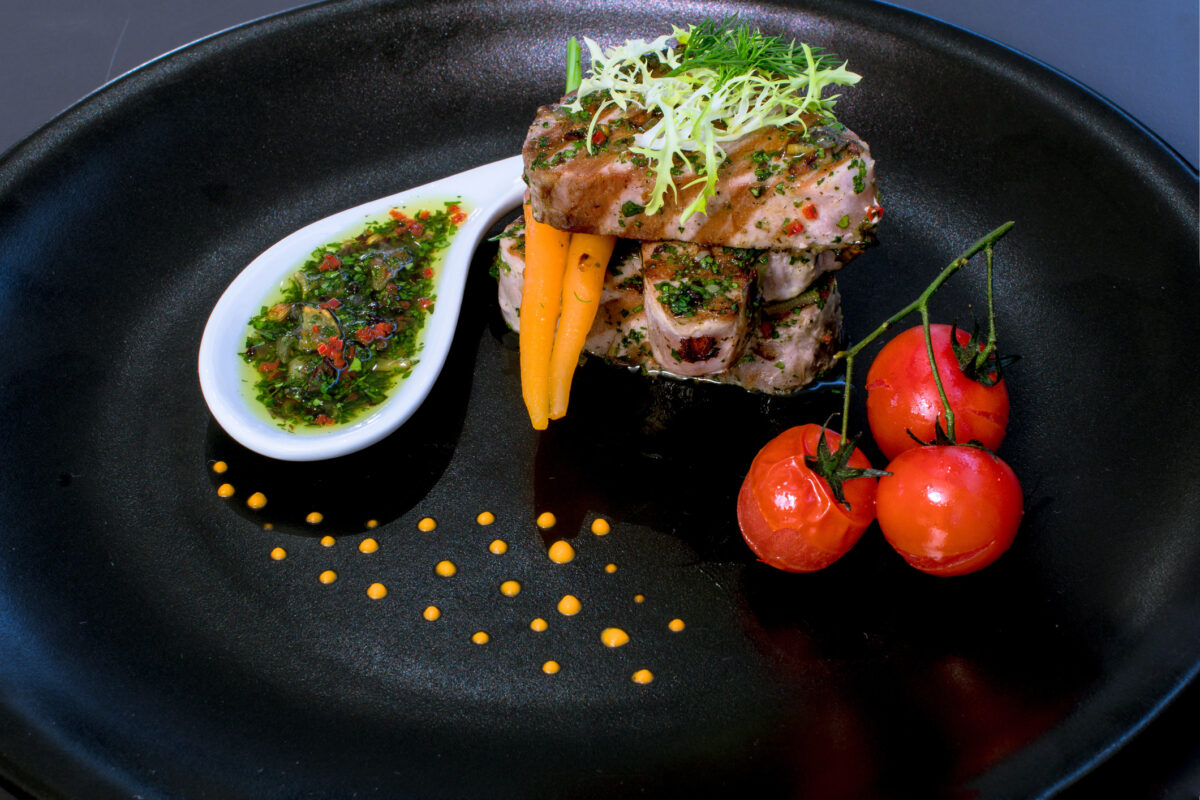How new tech is striving to lower the price of allulose and bring it to a larger market

The global sweeteners market value is predicted to reach around $158 billion by 2032, with high demand coming from consumers looking for healthier alternatives to sugar as well as those living with diabetes. Recent studies however have put the benefits of sweeteners into question, with some revealing alternatives like saccharin and sucralose increase blood sugar levels. Even naturally derived sweeteners like stevia have been found to upset the gut microbiome, while another study has shown that erythritol could raise the risk of a heart attack or stroke. With the WHO now planning to label aspartame as a possible carcinogen, the food industry is in need of other sugar alternatives.
Allulose is a natural sweetener emerging onto the market which is thought to have a better nutritional profile than other substitutes. Present in small quantities in foods like figs, molasses, maple syrup and raisins, it carries 70% of the sweetness of sucrose, and has been proven to improve blood glucose levels and help with weight loss in people with type 2 diabetes.
Allulose production
Allulose is already produced commercially by a number of global ingredient giants like Tate & Lyle and Ingredion, and it’s mostly used for high end products like energy bars, condiments, ice creams, baked goods, and beverages. However it’s produced in smaller quantities than other sweeteners due to its cost and difficulty to manufacture on a large scale. Now, Israeli biotech start-up Ambrosia Bio says it has developed a new proprietary enzyme-based technology which will help sugar refineries produce the ingredient more efficiently, cheaply, and sustainably.
Most companies develop allulose through a process of enzymatic conversion, taking fructose from sugar or corn starch and turning it into the ingredient using a natural enzyme called epimerase. “In [the] industry sometimes they use the enzyme as a one shot, only using it for the reaction [period] and that’s it”, Ziv Zwighaft, CEO and co-founder of Ambrosia Bio tells Food Matters Live. The company says its process differs from others as its proprietary enzyme has better stability and a longer shelf life. While epimerase survives for several days, Ambrosia’s enzyme can be used for months, even functioning at an optimal level in high temperatures. “In our process, we trap the enzyme in a column and bind it to a solid surface, allowing us to produce allulose for many months continuously,” Zwighaft explains.
During Ambrosia’s production process, the enzymatic reaction generates a 70:30 ratio of fructose to allulose. The scientists then apply additional techniques such as chromatography (the separation of components in a mixture) to develop a fully allulose-based ingredient.
Having access to its unique proprietary enzyme allows the company to produce the ingredient cheaply, according to Zwighaft. Allulose is much more expensive to make than other sweeteners due to the high cost of starting materials and low yields. Ambrosia’s technology however has allowed the team to achieve an allulose yield of 90%, and requires fewer chemicals, water, and energy to operate. With time, plus the right investments and partnerships, Zwighaft believes the technology could help allulose achieve price parity with fructose.
Scaling the allulose tech
In early July, the company announced its partnership with Ginkgo Bioworks, a US-based synthetic biology company. Ginkgo has developed a microbial expression strain which Ambrosia will use to scale the production of its proprietary enzymes that generate allulose. The collaboration could enable the start-up to scale its technology for commercial use, but it’s not guaranteed. Ambrosia first must ensure its enzyme still works in the Ginkgo Bioworks expression strain. “It needs to be functional, and that’s not just a question of time, but biology,” says Zwighaft, adding that the company expects to make a final decision on whether Ginkgo’s specific strain will be used for commercial production within the year.
Founded in 2020, Ambrosia Bio’s goal is to partner with sugar refineries around the world, either through a joint venture (JV) agreement or royalty basis, and help them boost their sugar substitutes portfolio. As Zwighaft explains, “We don’t have the skills to set up and run factories globally, but we can be part of them. So, once we have a partner in hand, we can start to work to revamp these facilities.” The start-up is already in discussion with several companies about a possible JV agreement, including a factory in Central Europe. It also plans to commercialise in Southeast Asia and North America, where allulose is approved for human consumption in the United States and Singapore, as well as some countries in the MENA region.
A barrier preventing Ambrosia from commercialisation in Europe is the fact that allulose does not yet have regulatory approval in the EU. It’s a significant “bottleneck”, says Zwighaft, given the start-up’s proximity to the region in comparison to other areas. The establishment of the Allulose Novel Food Consortium in 2021 however could soon make it easier for the company to work with European sugar refineries. Made up of four global ingredients companies – Japanese Matsutani Chemical Industry, South Korean Samyang Corporation, US-based Ingredion, and Dutch sugar beet ingredients producer Cosun Beet Company – the consortium is working towards EU approval of allulose to be used in formulations where it could substitute standard sugar.
Ambrosia Bio is also in the early stages of developing additional sugars and dietary fibres. “We design [the technology] in a way that it can accommodate a few sugars or probiotic fibres. If there is a demand for new fibres, then [all we need to do is] tweak the system”, Zwighaft explains. While the company is working mainly on improving allulose production for now, it intends to fully expand its portfolio of resources for the ingredients industry. As Zwighaft notes: “There isn’t one solution that fits all, so we are still working on other sugars that can complement allulose.”









